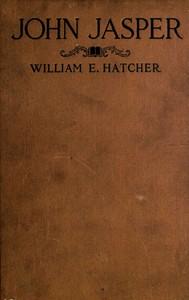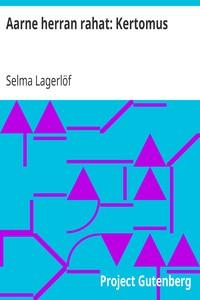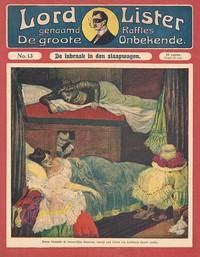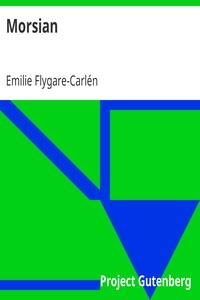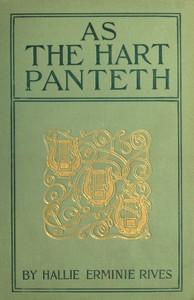|
|
Read this ebook for free! No credit card needed, absolutely nothing to pay.Words: 47577 in 11 pages
This is an ebook sharing website. You can read the uploaded ebooks for free here. No credit cards needed, nothing to pay. If you want to own a digital copy of the ebook, or want to read offline with your favorite ebook-reader, then you can choose to buy and download the ebook.

: John Jasper: The unmatched Negro philosopher and preacher by Hatcher William E William Eldridge - African Americans Biography; African American clergy Biography; Jasper John 1812-1901; Richmond (Va.) Biography@FreeBooksThu 08 Jun, 2023 PAGE INTRODUCTION, xi CRITICAL STUDY OF THE SOURCES, 347 INTRODUCTION In the renascence of history which is in a manner the characteristic of our time, the Middle Ages have been the object of peculiar fondness with both criticism and erudition. We rummage all the dark corners of the libraries, we bring old parchments to light, and in the zeal and ardor we put into our search there is an indefinable touch of piety. These efforts to make the past live again reveal not merely our curiosity, or the lack of power to grapple with great philosophic problems, they are a token of wisdom and modesty; we are beginning to feel that the present has its roots in the past, and that in the fields of politics and religion, as in others, slow, modest, persevering toil is that which has the best results. There is also a token of love in this. We love our ancestors of five or six centuries ago, and we mingle not a little emotion and gratitude with this love. So, if one may hope everything of a son who loves his parents, we must not despair of an age that loves history. The Middle Ages form an organic period in the life of humanity. Like all powerful organisms the period began with a long and mysterious gestation; it had its youth, its manhood, its decrepitude. The end of the twelfth century and the beginning of the thirteenth mark its full expansion; it is the twentieth year of life, with its poetry, its dreams, its enthusiasm, its generosity, its daring. Love overflowed with vigor; men everywhere had but one desire--to devote themselves to some great and holy cause. Curiously enough, though Europe was more parcelled out than ever, it felt a new thrill run through its entire extent. There was what we might call a state of European consciousness. In ordinary periods each people has its own interests, its tendencies, its tears, and its joys; but let a time of crisis come, and the true unity of the human family will suddenly make itself felt with a strength never before suspected. Each body of water has its own currents, but when the hurricane is abroad they mysteriously intermingle, and from the ocean to the remotest mountain lake the same tremor will upheave them all. It was thus in '89, it was thus also in the thirteenth century. Never was there less of frontier, never, either before or since, such a mingling of nationalities; and at the present day, with all our highways and railroads, the people live more apart. The great movement of thought of the thirteenth century is above all a religious movement, presenting a double character--it is popular and it is laic. It comes out from the heart of the people, and it looks athwart many uncertainties at nothing less than wresting the sacred things from the hands of the clergy. Free books android app tbrJar TBR JAR Read Free books online gutenberg More posts by @FreeBooks
: Aarne herran rahat: Kertomus by Lagerl F Selma J Ntti Jalmari Translator - Murder Fiction; Sweden History 1523-1718 Fiction; Bohuslän (Sweden) Fiction; Swedish fiction Translations into Finnish@FreeBooksThu 08 Jun, 2023

: Lord Lister No. 0013: De inbraak in den slaapwagen by Blankensee Theo Von Matull Kurt - Detective and mystery stories Periodicals; Dime novels Periodicals@FreeBooksThu 08 Jun, 2023
|
Terms of Use Stock Market News! © gutenberg.org.in2025 All Rights reserved.

